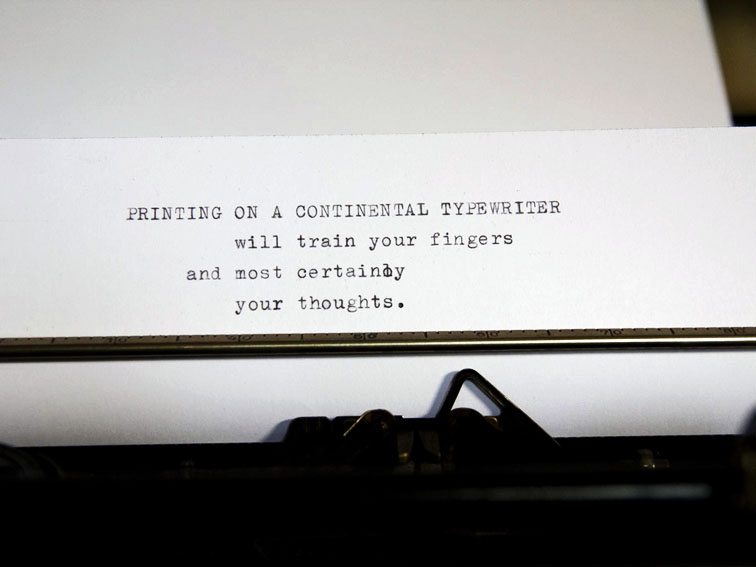 Letters Of Recommendation Take Time. Plan Accordingly.
Letters Of Recommendation Take Time. Plan Accordingly.
by Dawn Casey-Rowe, Writer of Letters of Recommendation
My box is filling with recommendation requests. Every time I finish, more sneak in.
“Miss, did you finish my recommendation?” emailed Student Number One. No, because you didn’t ask me.
Student Number Two said, “The deadlines snuck up on me. Would you be able to write me a recommendation in the next two days? I’d be eternally grateful to you.”
That’s no way to get a great recommendation. If I’m writing about you, you want me happy, overjoyed with life, not grumpy and overloaded at the last minute. Recommendations are time consuming. The better my mood, the better your recommendation.
Maybe you asked nicely but didn’t follow up with details about what you’ve been up to when you’re not busy doing my homework.That forces me to say something like “He’s a good student.” The last thing you want is something generic. That’s the kiss of death for getting selected for anything.
A seasoned writer of recommendations can be the edge you need in a situation where the recommendation is actually being read. “Actually being read?” you ask. That took you off guard, didn’t it? The truth is resumes and recommendations aren’t always read, so you have to back them up with some good old fashioned relationship-building. We’ll get to that later.
But first, let’s hear from an expert on resumes.
“Oh, I deal them out into two piles, ‘maybe’ and ‘no.’ I spend ten seconds reading each of them,” said my brother, the unofficial expert I interviewed five years ago for no particular reason. He read a lot of resumes and recommendations at his job. After a while, he said, it gets dull and every person starts to look the same.
If you’re going to be dealt into piles along with the rest of humanity do you need recommendations at all? Why would you go through all the trouble to ask for one?
Simple–recommendations aren’t all about the letter, they’re about building your organic network and having people on your side. Students forget I have a life outside of school. I might just be able to further your career. I might introduce you to a professional who can help you or find you a mentor for your project or life.
Having letters of recommendation in your file isn’t always enough–you should aim to keep the good people on your side. That’s the ultimate goal. It’s the people you least expect who will help you on the road to success. Never underestimate or forget this fact.
“But I just need a letter for college,” you say. Fine. I’ll give you a letter for college and we’ll worry about building your success network some other day in another article. If all you want is a recommendation, then take heed. Follow these tips.
Teachers & Students: 6 Letter Of Recommendation Tips
1. Plan ahead
Give the recommender at least a two week notice. Respect the recommender’s time. The busier the person is, the more time he or she will need to write you a quality recommendation.
2. Ask nicely and set clear expectations
Ask nicely, whether by email or in person. Tell the recommender exactly what you need. If you need more than one recommendation over time, set that expectation, “I was hoping to get a letter for my file and use your name as a reference for a job interview.”
3. Make it easy for the recommender
Follow up with a short email with bullet points highlighting the details of the recommendation. Include any necessary addresses, the name of person to whom it must be sent, and mention deadlines.
4. Market yourself
When you follow up with your recommender, be sure to include a few bullet points about your accomplishments, especially things the recommender might not have known. This will help the recommender write a glowing and specific recommendation about you. Generic recommendations serve zero purpose. Colleges and jobs easily disregard them. Put yourself in a position to stand out.
5. Convert the recommendation
Follow up with colleges and hiring managers after the recommendations are sent. Don’t let your resume or recommendations be another in the pile. When applying for colleges, use social media to follow, like, and interact with colleges. Be enthusiastic and give yourself every advantage–make that recommendation come alive by providing the world with a glimpse of the real person behind it.
6. Thank the recommender. Follow up and show the recommender you truly appreciate the time spent on your behalf. An email, in-person thanks, or phone call is appropriate depending on your relationship with the person.
Today, recommendations come in all shapes and forms. Society is heading more and more toward ratings and public recommendations. Even though you may need a good old fashioned letter of recommendation, don’t underestimate the power of a public recommendation on a network like LinkedIn. Ask someone you know to connect with you and give you a short recommendation.
Remember, recommendations are not about what’s on the paper–exactly. They’re more about building a network, having people who support you in your corner. As a student, this is one of your first professional lessons. Feeling comfortable interacting with people on a professional level is a skill. Building a strong network is a necessity and a gift that comes with experience. Great recommendations are simply a byproduct of those relationships.
Don’t make me hate you at recommendation time by dumping last-minute requests for letters you don’t really need. Follow the six steps above and make them matter. When you follow the steps, you’ll be surprised at how many people are willing to help you–not simply by writing recommendations–but by guiding you toward the future you want as well.
Teachers & Students: 6 Letter Of Recommendation Tips; Letters Of Recommendation Take Time. Plan Accordingly; image attribution flickr user shordzi
